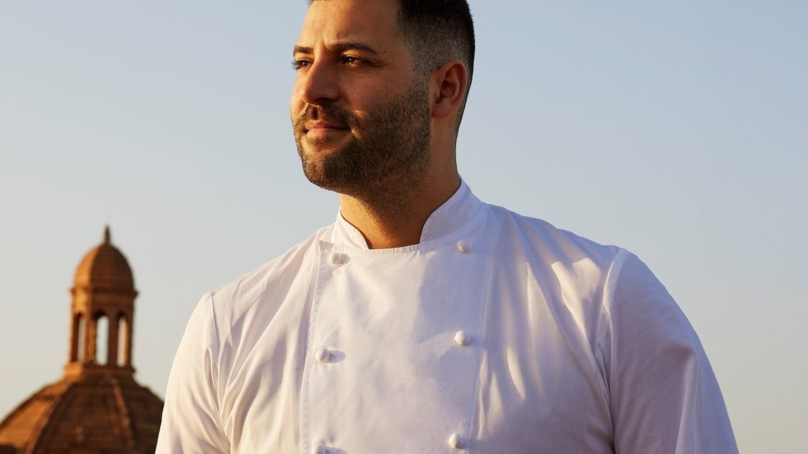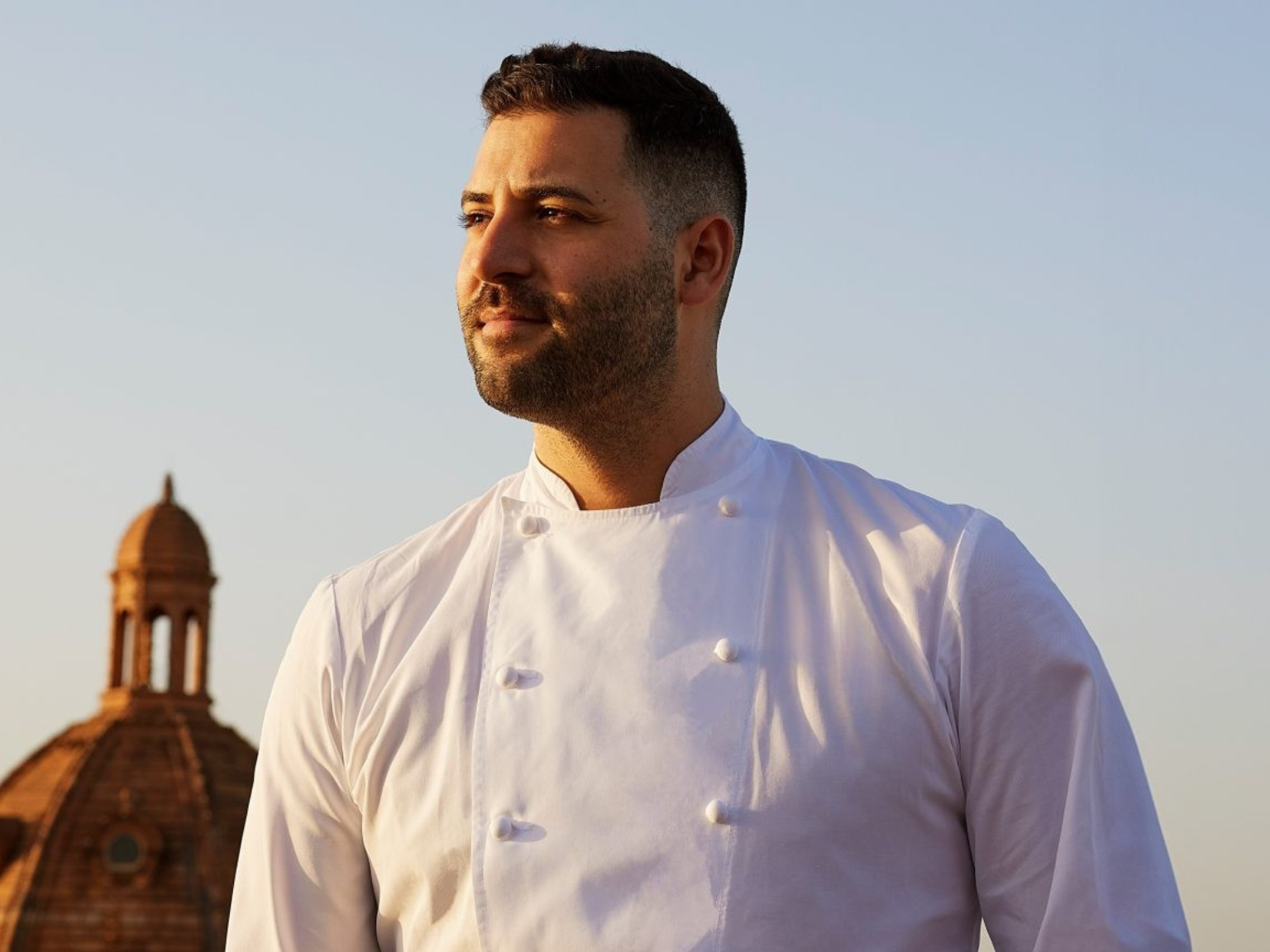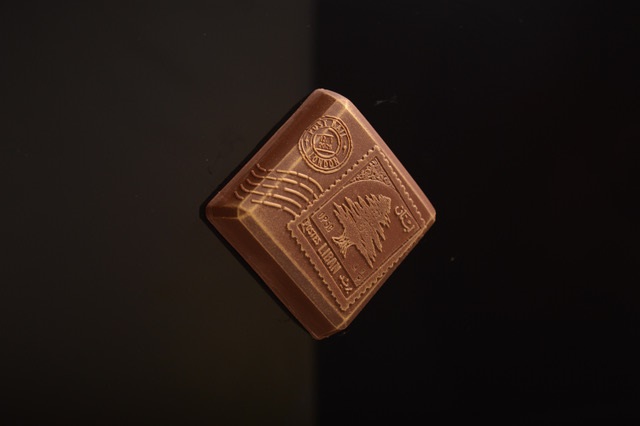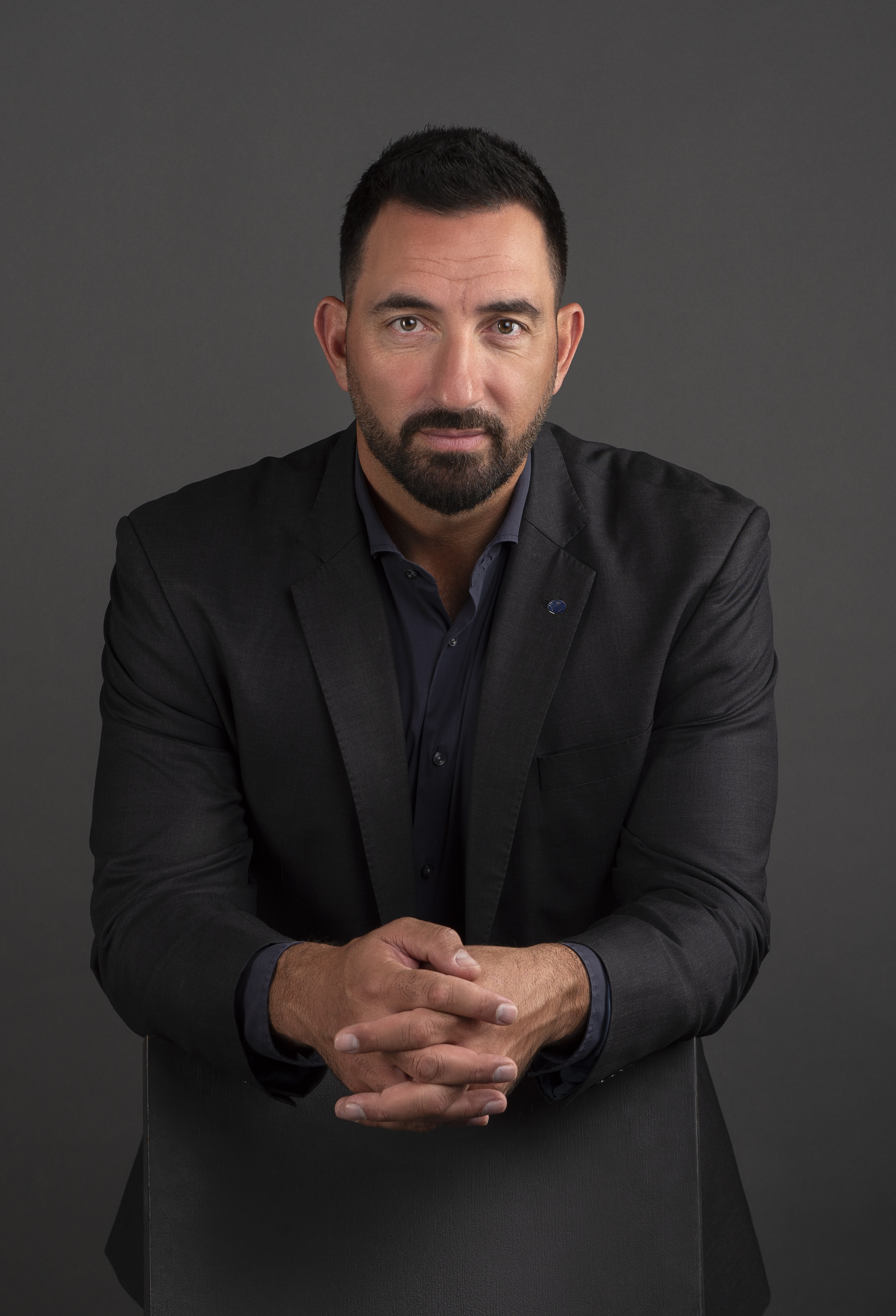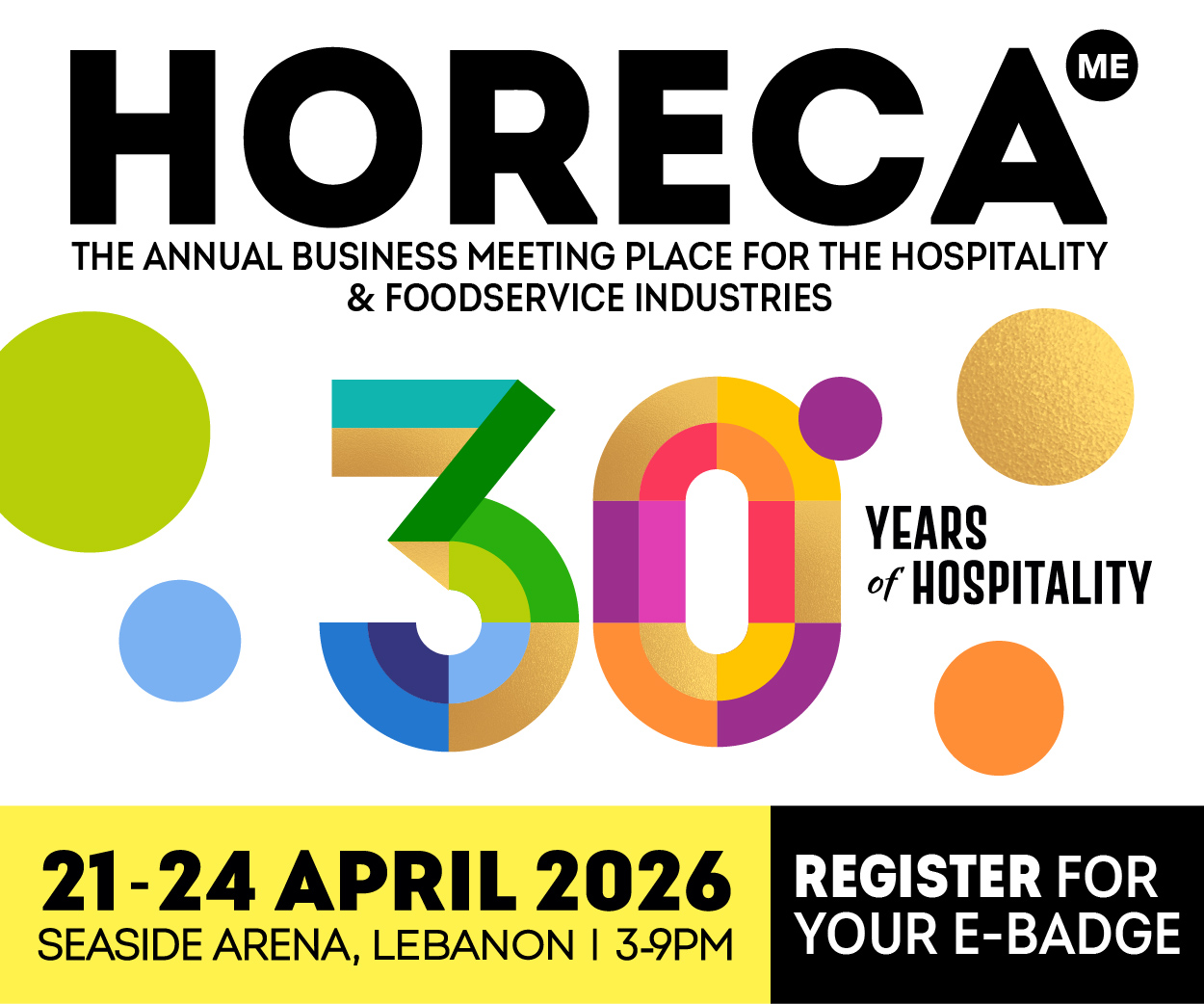Philip Khoury, an award-winning pastry chef and author, is renowned for crafting desserts that honor tradition while embracing innovation and sustainability. In this exclusive interview, he discusses his creation Beirut Chocolate and how chocolate can tell powerful cultural stories by seamlessly blending indulgence, tradition and sustainability.
As someone who always likes to push boundaries, in your opinion, what makes a chocolate go viral?
The dessert-style chocolate bars, undeniably extravagant, push boundaries of indulgence through unexpected textures, impressive thickness, and bold, dynamic flavors combined. Meanwhile, in the case of Dubai Chocolate, pistachio has steadily gained popularity, becoming a signature flavor loved across the region. Consequently, this particular bar, with its creative and audibly crunchy kataifi layer, instantly garnered global attention and admiration from enthusiasts. Moreover, it captures the imagination by merging innovative textures, bold flavors and cultural significance. In addition, it offers an unforgettable, visually striking presentation that truly stands out. As a result, it tells a compelling story that emotionally connects, inspiring people to photograph, talk about and widely share their experience.
How did you come up with Beirut Chocolate and how does it differ from Dubai Chocolate?
Inspired by the viral over-the-top style, I intentionally aimed to create a version that proudly reflects my Lebanese heritage. As a result, the Beirut Chocolate blends 50 percent Esmeraldas almond milk chocolate, orange blossom caramel and cashew cream baklava for nostalgic richness.
In contrast to the pistachio-forward Dubai Chocolate, this bar highlights authentic flavors deeply rooted in traditional Lebanese culinary identity and memory. Furthermore, it is thoughtfully smaller at 90 grams and showcases a bold engraved design inspired by a vintage Lebanese postage stamp. Ultimately, this design evokes powerful feelings of nostalgia and national pride. Consequently, tying beautifully together heritage, flavor and storytelling in one indulgent bite.
How did you choose the chocolate and filling ingredients to represent your home country?
I selected orange blossom for its prominence in Lebanese desserts, evoking the fragrant orchards of Lebanon with pure nostalgia. Additionally, cashew cream baklava introduces a unique twist to the traditional pastry, enhancing its richness and texture. Moreover, the 50 percent Esmeraldas almond milk chocolate provides a smooth, balanced canvas that complements these flavors, creating a harmonious bar. Personally, I find these extravagant, chunky bars to be an extreme indulgence, which is why balance is essential. Therefore, the flavor must be perfectly balanced, not overly sweet, to elevate the experience and fully satisfy the palate.
You’ve added a unique stamp-like design to your chocolate. What role does design and presentation play in the appeal of chocolate and how do they enhance the overall experience?
Design and presentation are vital in storytelling through chocolate, as they play an essential role in conveying emotion. Specifically, the vintage Lebanese postage stamp design on the Beirut Chocolate serves as an edible love letter to Lebanon. Furthermore, this design invokes nostalgia and a strong sense of place, reminding people of Lebanon’s cultural beauty. Originally, this bar was created for a fundraiser aimed at raising funds to support youth work in Lebanon, which is much needed. While it was one thing to create a fun, nostalgic flavor, I truly wanted to send a love letter. If you look closely, both the Lebanese stamp and a London postmark feature prominently in the design, adding a thoughtful touch.
Chocolate is now representing cities like Beirut and Dubai. What’s your take on this?
Chocolates that encapsulate the essence of a place offer a unique way to celebrate and share cultural identities worldwide. Moreover, this trend fosters appreciation for diverse flavors and traditions, bridging cultural gaps through the shared love of confectionery. Consequently, chocolate has become a medium for cultural exchange and storytelling, allowing people to experience other cultures in creative ways.
Is there any new chocolate trend you’re excited to explore?
I’m intrigued by the potential of incorporating lesser-known regional ingredients into chocolate, which highlights the biodiversity of different cultures. Additionally, expanding more sustainable options that maintain indulgence while being environmentally conscious is also a direction I’m passionate about. Consequently, this approach allows for a deeper connection to the environment and diverse food cultures, creating something meaningful.


